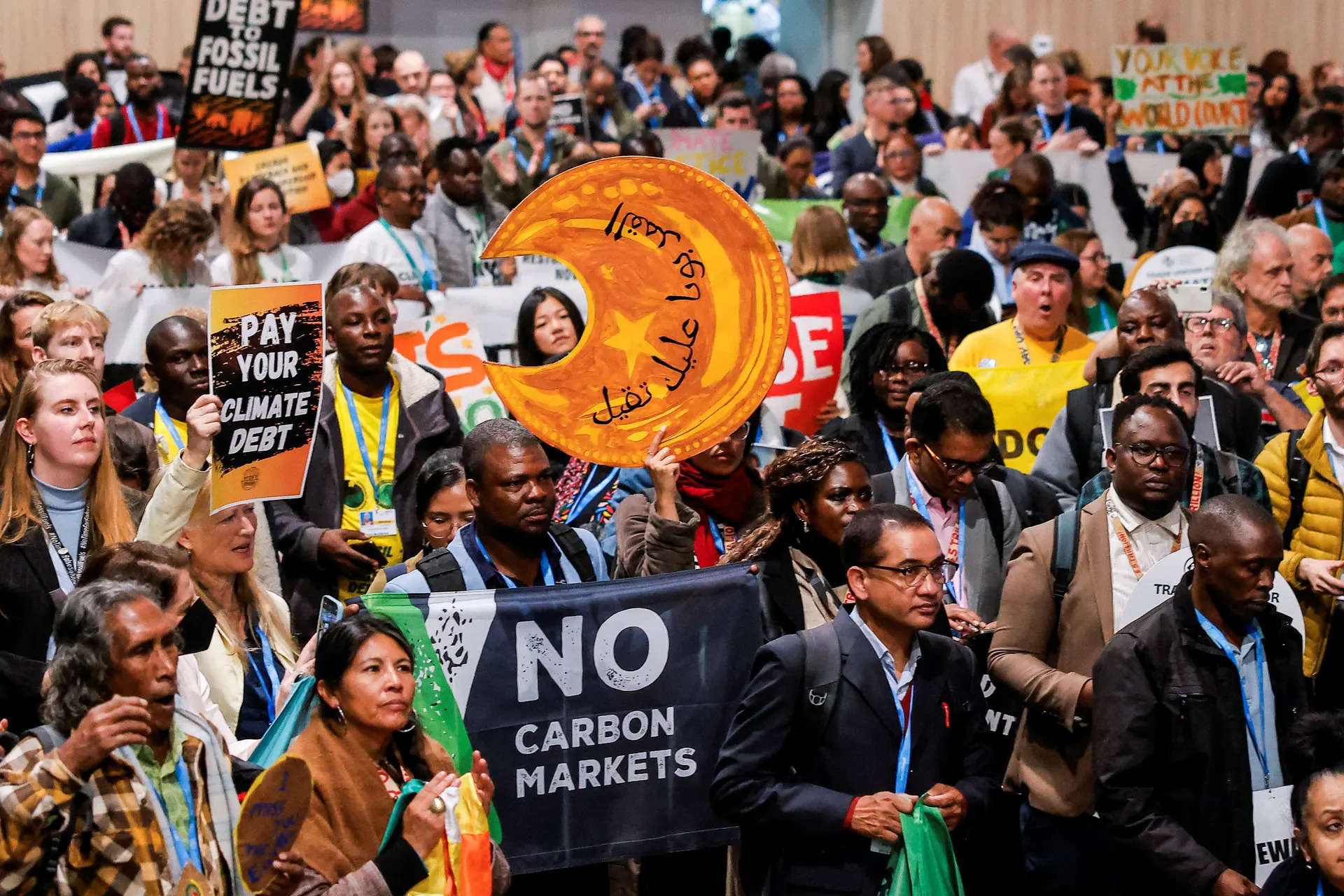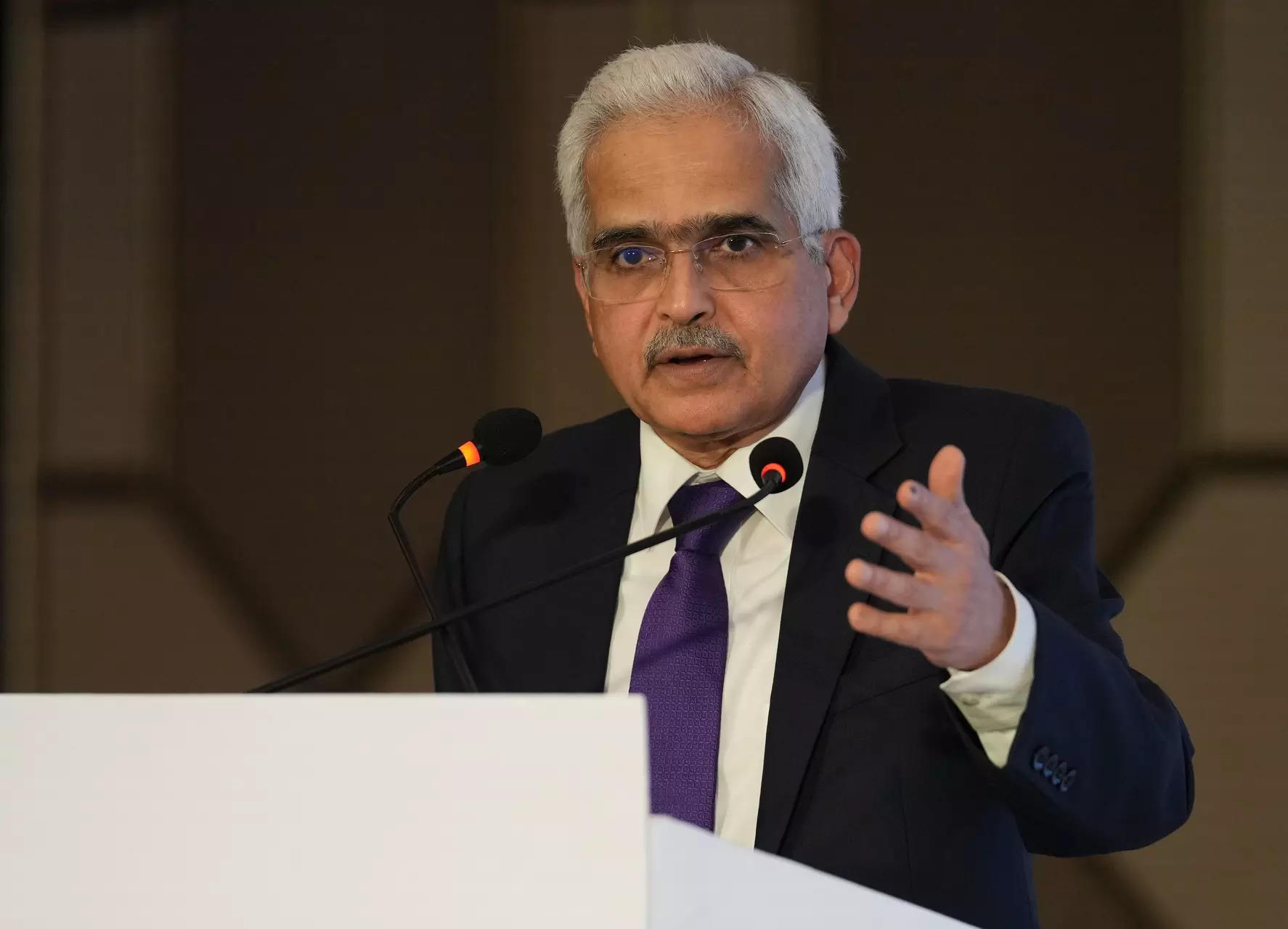
A QUARTER of Filipinos still find themselves stuck in poverty despite economic growth, according to the Philippine Institute for Development Studies (PIDS).
"Economic growth failed to sufficiently trickle down and reduce poverty... this highlights how aggregate economic growth statistics often mask stark inequalities in distributions of the gains," said PIDS research fellow Jose Ramon Albert.
In his study titled "Poverty Transitions and the Near-Poor in the Philippines," Albert revealed that despite economic growth averaging 4.8 percent from 2003 to 2009, the poverty reduction was not substantial due to an unequal distribution of benefits where high income inequality restricted the positive effects of growth on the most vulnerable.
Despite 1.3 million households lifting themselves out of poverty from 2006 to 2009, 1.2 million households still fell into poverty during that period.
Albert noted that approximately half of those that fell into poverty belonged to the near-poor category.
Between 2003 and 2006, the total estimated inflow of households into poverty surpassed the outflow by around 200,000 households.
While 8.6 percent of households were initially in poverty in 2003 but uplifted themselves by 2009, Albert emphasized that 9.2 percent of households that were not poor in 2003 including two-fifths categorized as near-poor, fell into poverty by 2009.
"Notably, two-thirds of Filipinos living in poverty, a staggering 66 percent reside in rural areas," Albert said.
"This geographic disparity underscores the need for immediate government intervention to boost rural economic opportunities, prioritizing farm productivity and diversification alongside additional employment avenues," he added.
The study also showed a connection between family size and poverty, with larger households being more susceptible.
"While family size does not cause poverty, the data suggests that low-income families with larger family size may see their purchasing power further weaken due to the increased number of household members to support," said Albert.
He emphasized the need for strategies and policies not only to support those in poverty and need to be tailored to different household situations.
"This way, the country can ensure that everyone can sustainably participate in and benefit from socioeconomic growth, and not be left behind as the country pursues its development path," said Albert.
Read The Rest at :









